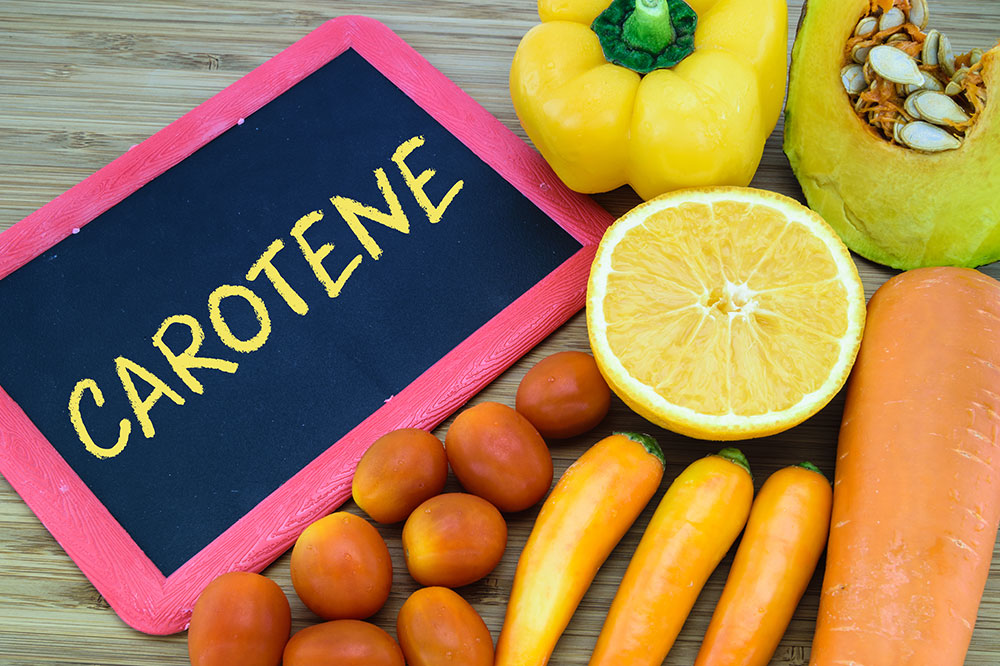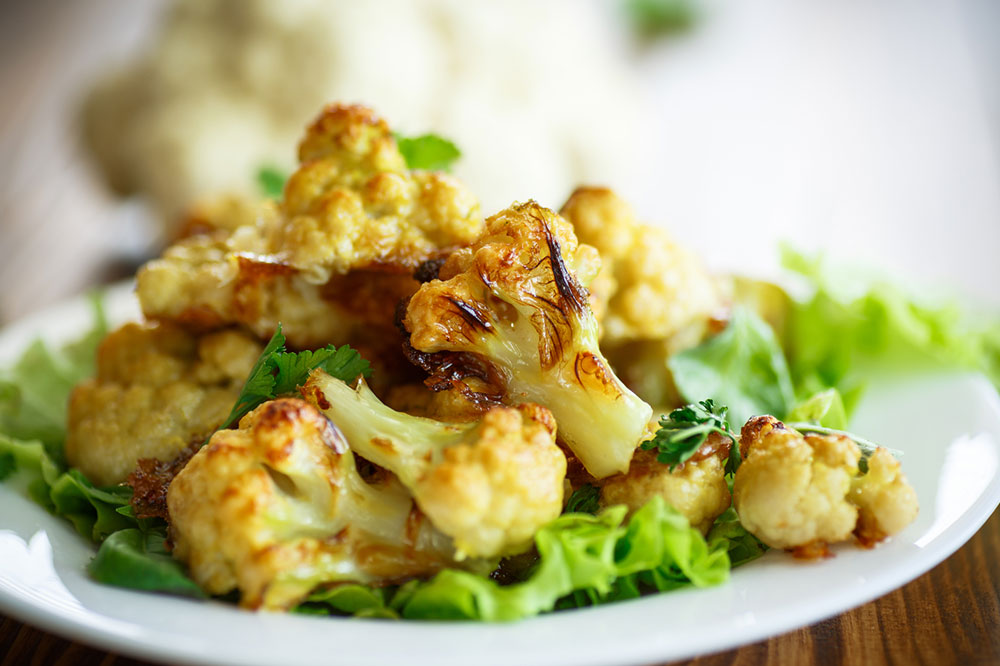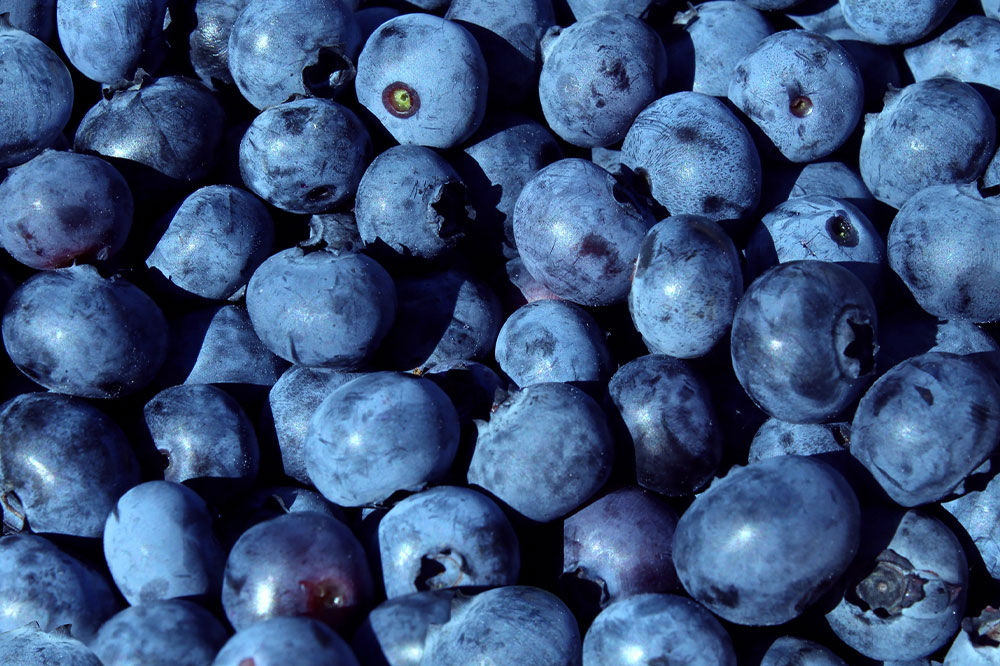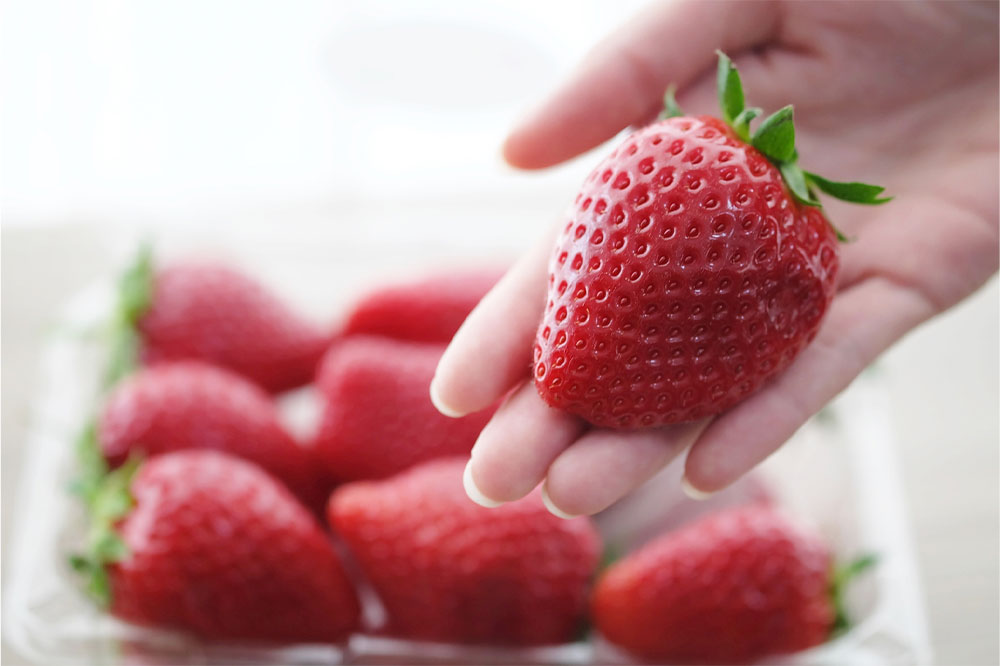Top 5 Natural Substances That May Help Prevent Skin Cancer
Explore five natural compounds with potential skin cancer preventive properties. Learn about their dietary sources, including flavonoids in berries, terpenoids in herbs, carotenoids from orange foods, sulforaphane in cruciferous vegetables, and essential vitamins. Incorporating these in your diet may support skin health and reduce cancer risk, emphasizing the importance of natural, plant-based nutrition for preventative health.
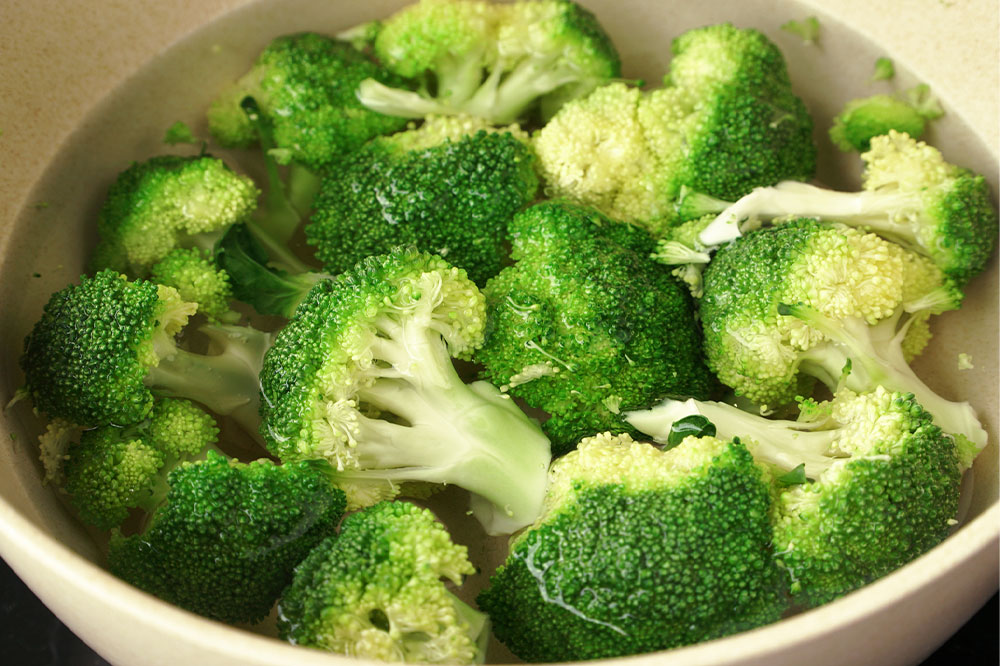
Top 5 Natural Substances That May Help Prevent Skin Cancer
Natural remedies and dietary choices are often highlighted in both traditional literature and scientific studies as valuable for managing health issues. From common colds to chronic conditions like arthritis, natural foods combined with other treatments can alleviate symptoms effectively. Recent research also emphasizes certain natural compounds that could play a role in preventing skin cancer, particularly aggressive forms like melanoma.
Natural Anti-Cancer Agents from Nature
Research indicates many anti-cancer agents come from marine, microbial, and plant sources. Skin cancer, especially malignant melanoma, poses significant health risks and requires preventive strategies.Thus, scientists are investigating compounds such as flavonoids, terpenoids, carotenoids, sulforaphane, specific vitamins, polyphenols, and plant extracts for their ability to prevent or fight skin cancer. These phytochemicals have shown promising anti-melanoma activities.
Getting the Most from Natural Compounds
Flavonoids
These plant-based compounds offer diverse health benefits and are linked to a decreased risk of various cancers. Foods rich in flavonoids include berries, cabbage, onions, kale, green tea, dark chocolate, parsley, soybeans, and citrus fruits.Terpenoids
Found in many herbs, spices, fruits, and vegetables, terpenoids can be increased by consuming mangoes, apples, citrus fruits, and herbs like basil, rosemary, cinnamon, oregano, and lavender.Carotenoids
Distinct for their bright orange coloration, foods high in carotenoids include papayas, cantaloupe, sweet potatoes, tangerines, tomatoes, winter squash, and carrots.Sulforaphane
Present in cruciferous vegetables such as broccoli, cauliflower, kale, cabbage, Brussels sprouts, bok choy, collard greens, and watercress, sulforaphane has protective properties.Vitamins
Dietary antioxidants rich in vitamins C, E, and A are essential. Citrus fruits and vegetables provide vitamin C, nuts and seeds supply vitamin E, while sweet potatoes and carrots are high in beta-carotene.
